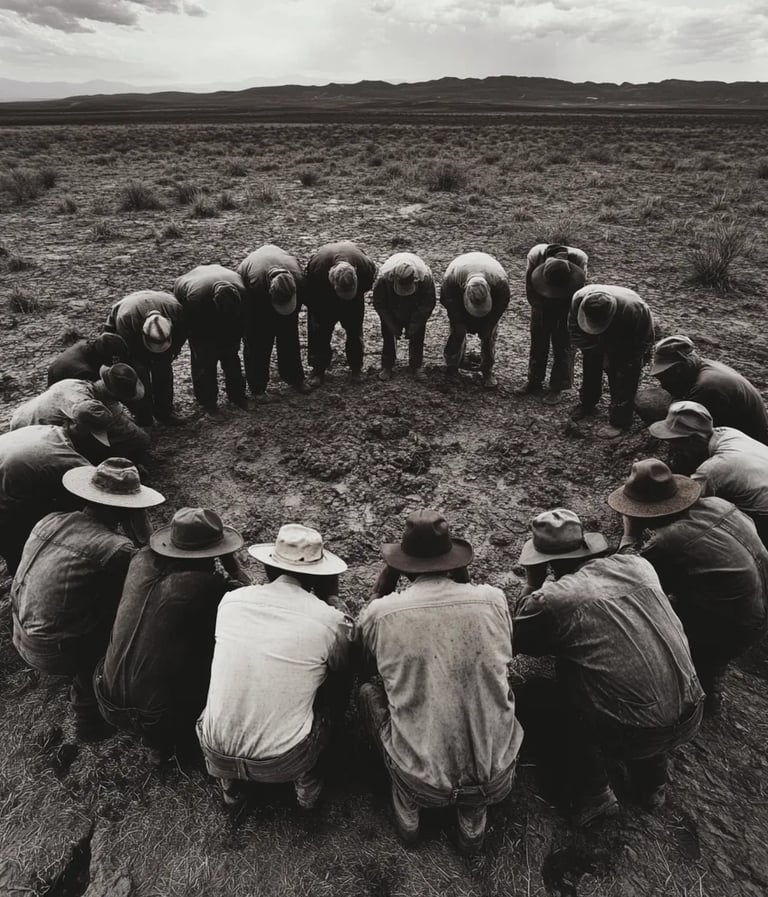After a prolonged siege, Roman forces led by General Titus captured Jerusalem, destroying the Second Temple and plundering the city. The occupation marked the end of the First Jewish–Roman War and led to significant displacement of the Jewish population, with the Temple’s destruction remaining a pivotal event in Jewish history.
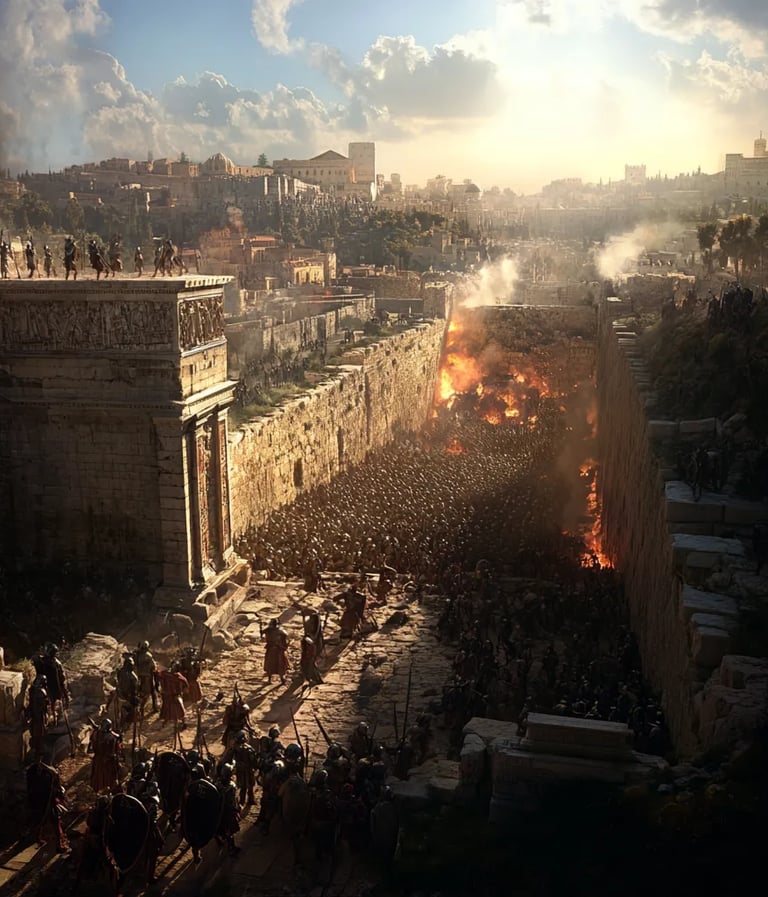

70 – Roman Army Under General Titus Occupies and Plunders Jerusalem
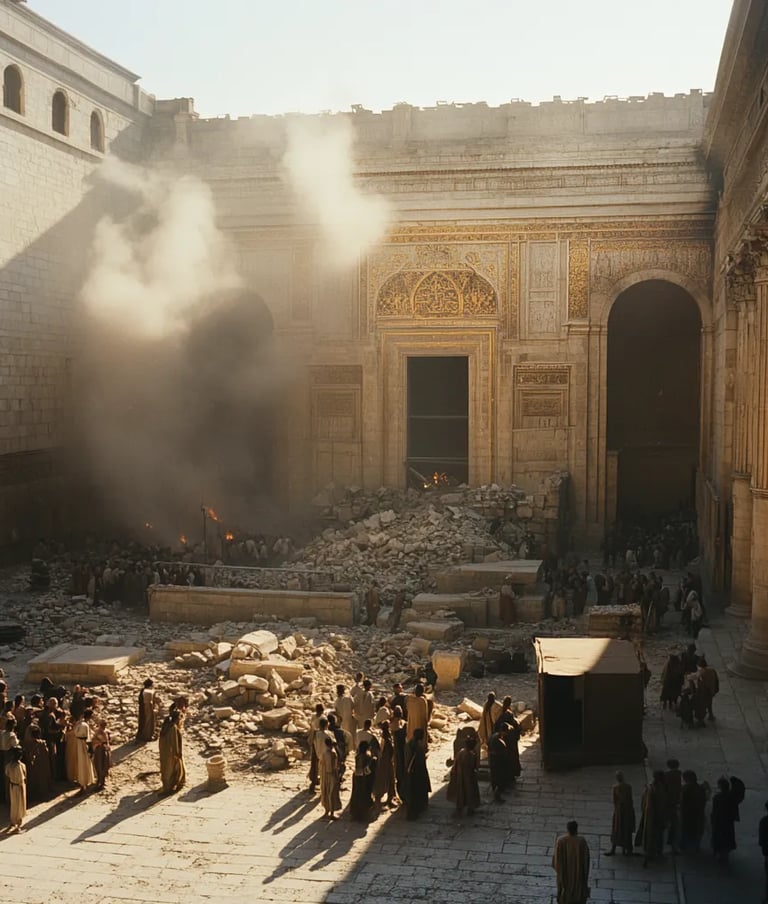

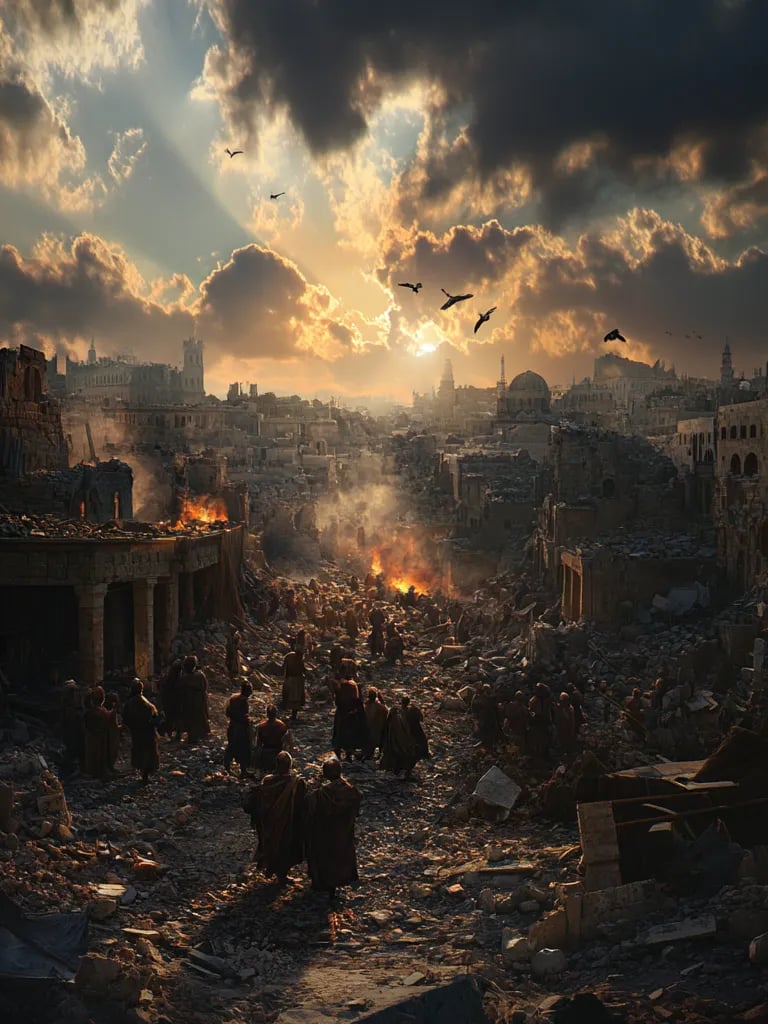

During the Third Crusade, Richard the Lionheart led his forces to victory over Saladin at the Battle of Arsuf. The battle was a crucial moment in the Crusades, enabling Richard to maintain his hold on coastal territories, although his ultimate goal of recapturing Jerusalem from Muslim control was not achieved.
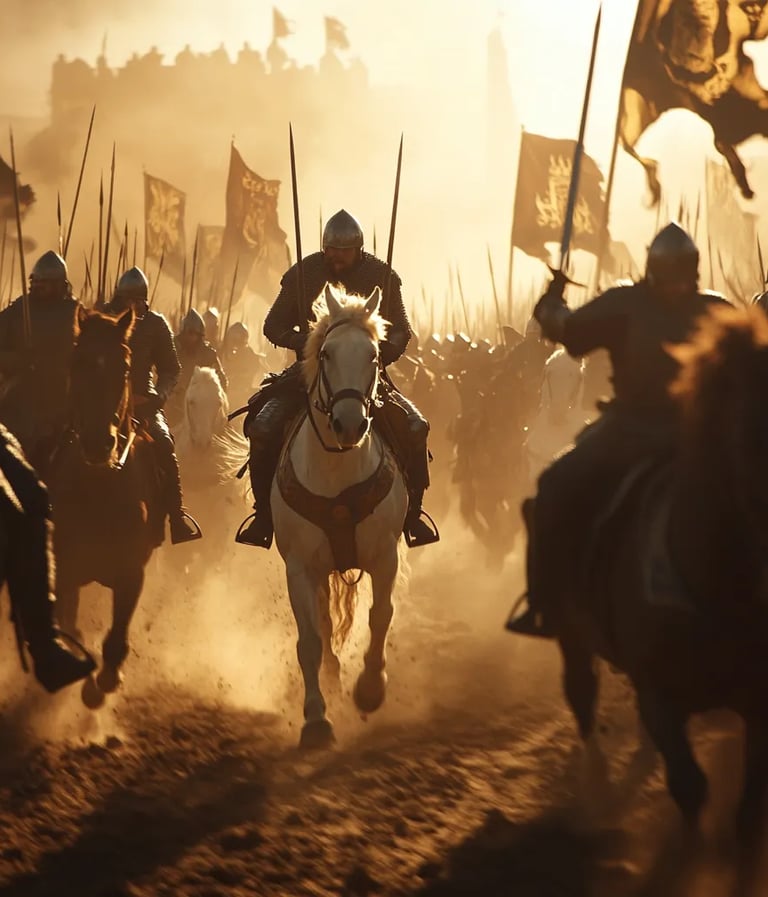

1191 – Third Crusade: Richard I of England Defeats Saladin in the Battle of Arsuf
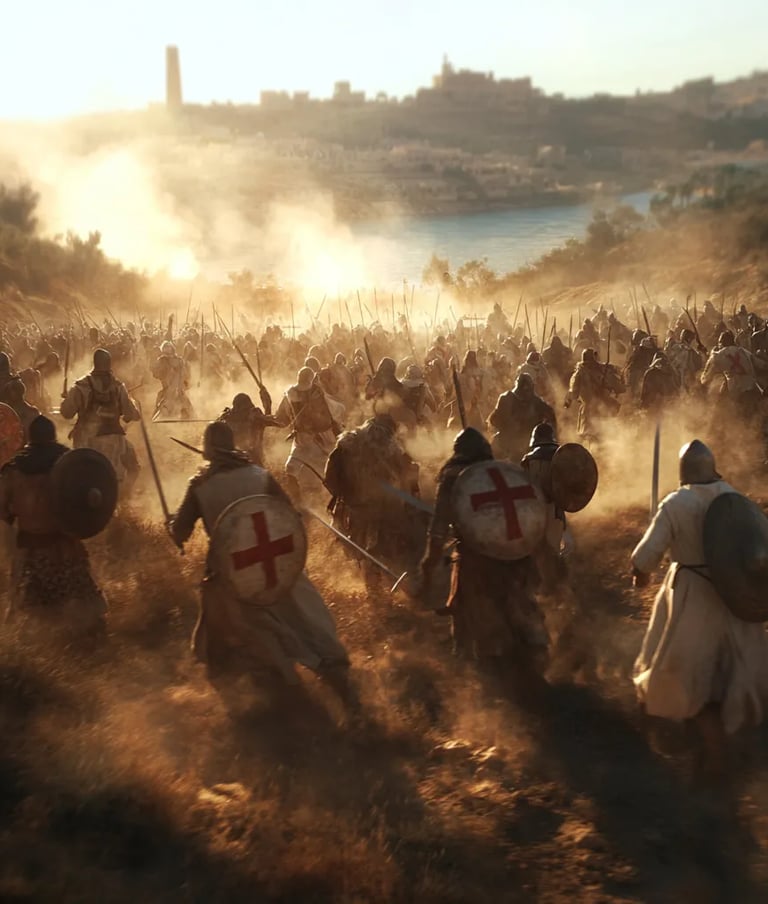

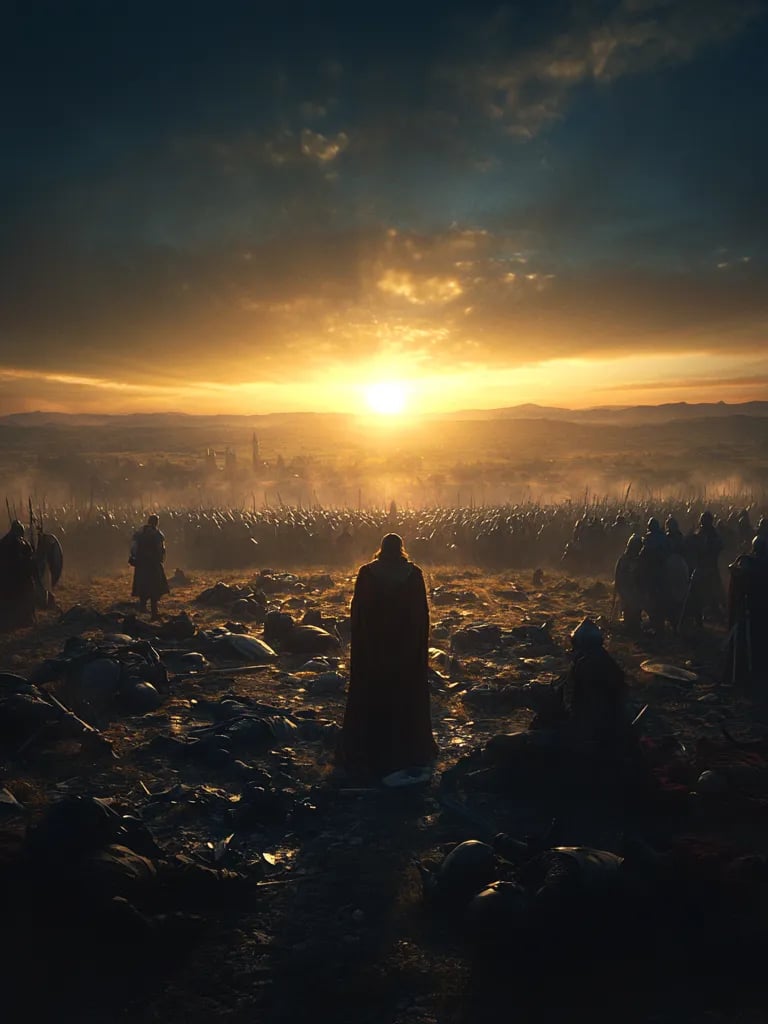

English pirate Henry Every and his crew aboard the Fancy attacked and captured the Ganj-i-Sawai, a heavily armed Mughal trading ship. With loot valued between £325,000 and £600,000, it became one of the most profitable raids in history. In retaliation, Mughal Emperor Aurangzeb closed five ports to English trade, forcing the East India Company to compensate.
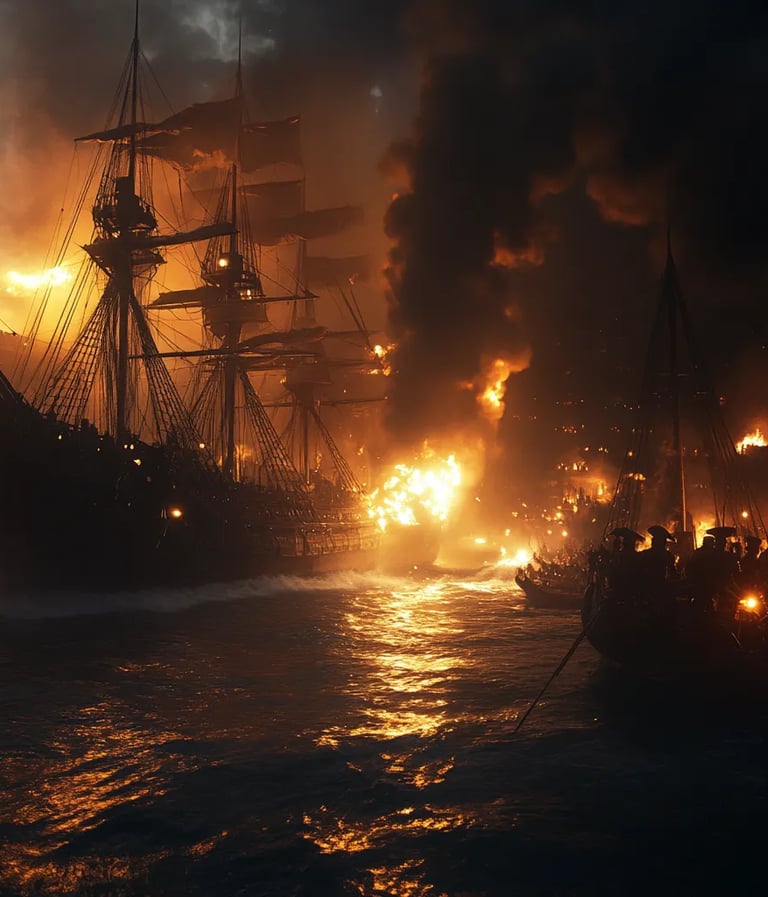

1695 – Pirate Henry Every Captures the Mughal Ship Ganj-i-Sawai
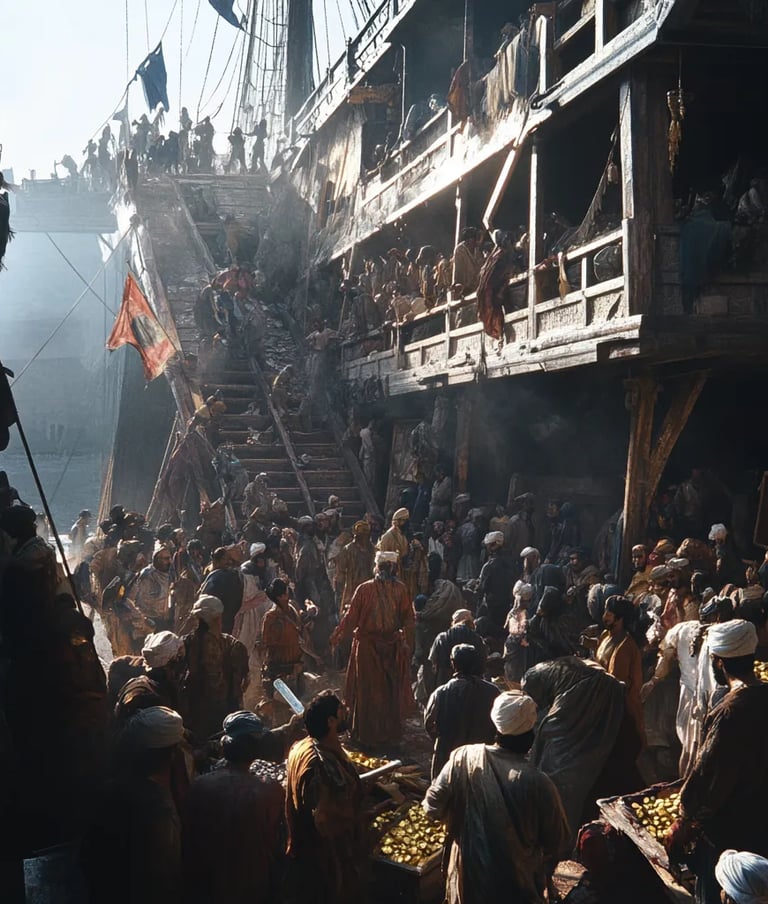

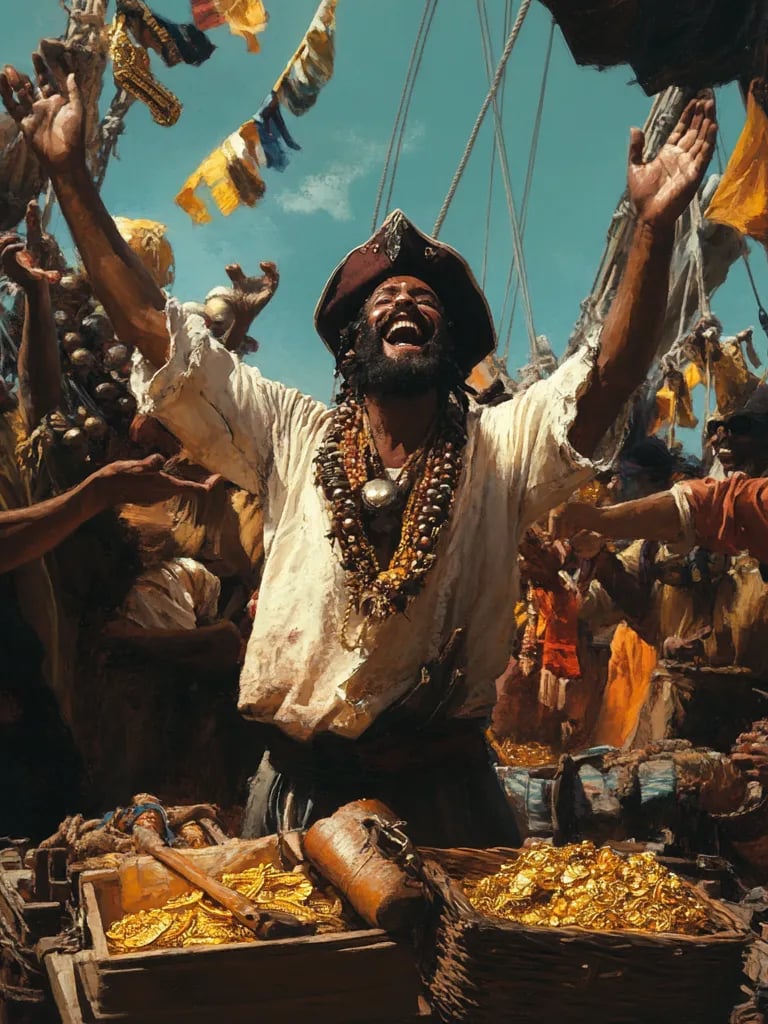

At the Battle of Borodino, Napoleon's forces narrowly defeated the Russian army under General Kutuzov during the invasion of Russia. Despite the French victory, it was a costly battle for both sides and failed to decisively crush Russian resistance, leading to the eventual collapse of Napoleon's campaign as he advanced toward Moscow.
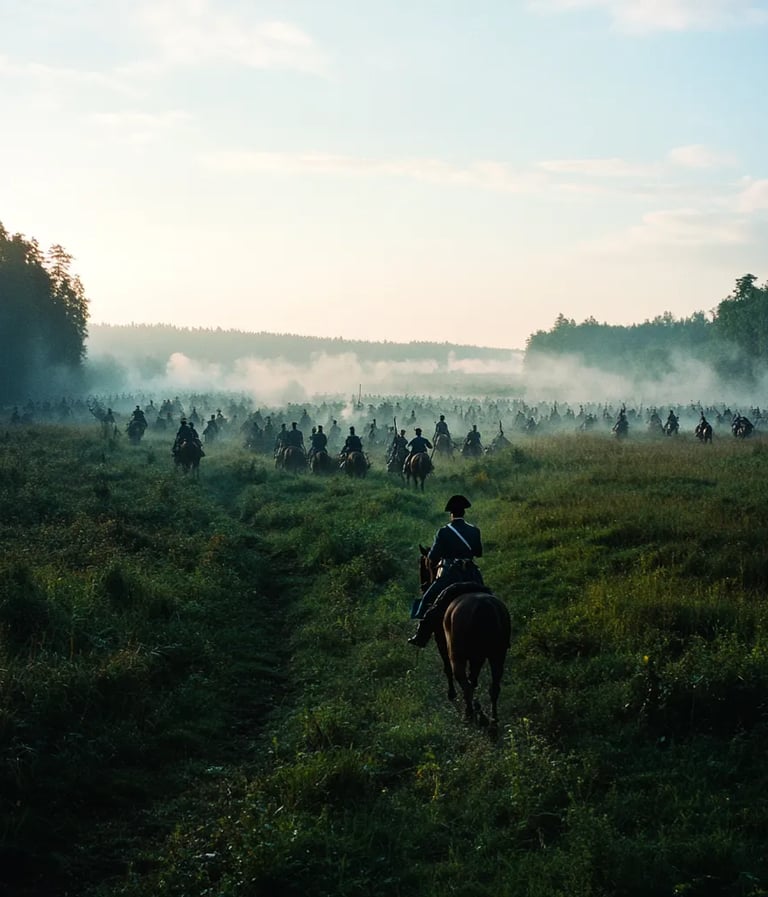

1812 – Napoleon Defeats Russians at Borodino
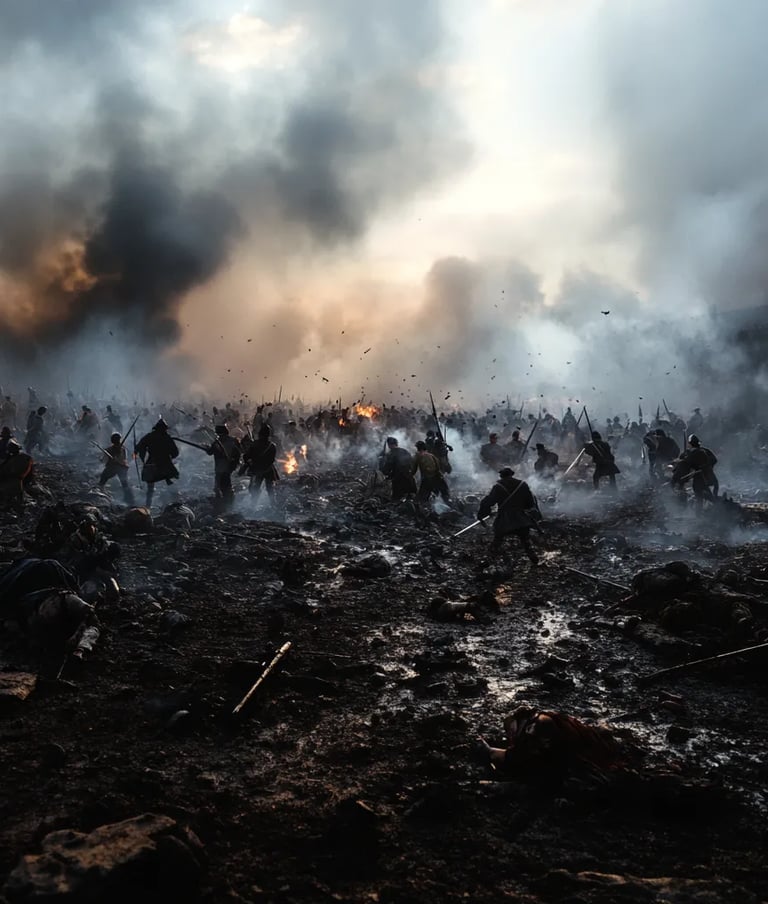

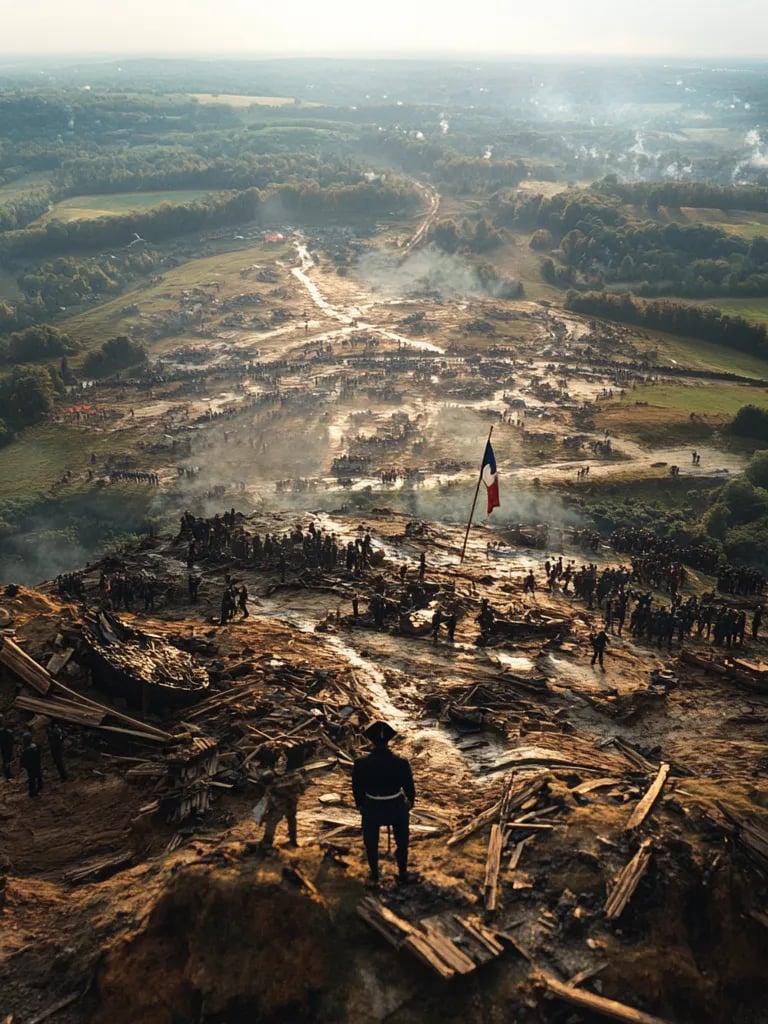

Facing a devastating drought, Australians observed a nationwide "Day of Humiliation" on September 10, 1902, praying for rain to save their livestock and crops. The drought was one of the worst in Australia's history, crippling agriculture. Remarkably, rain began to fall soon after the day of prayer, offering some relief to the struggling farmers
